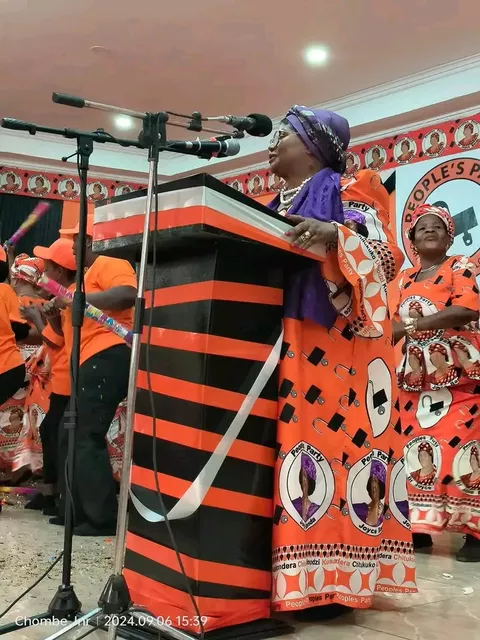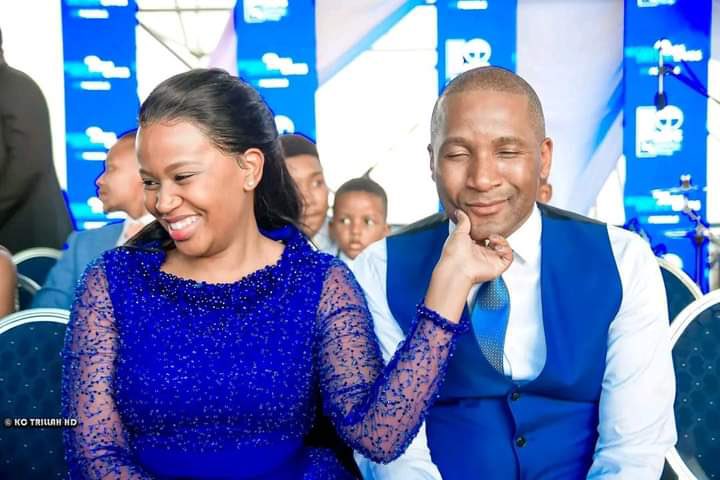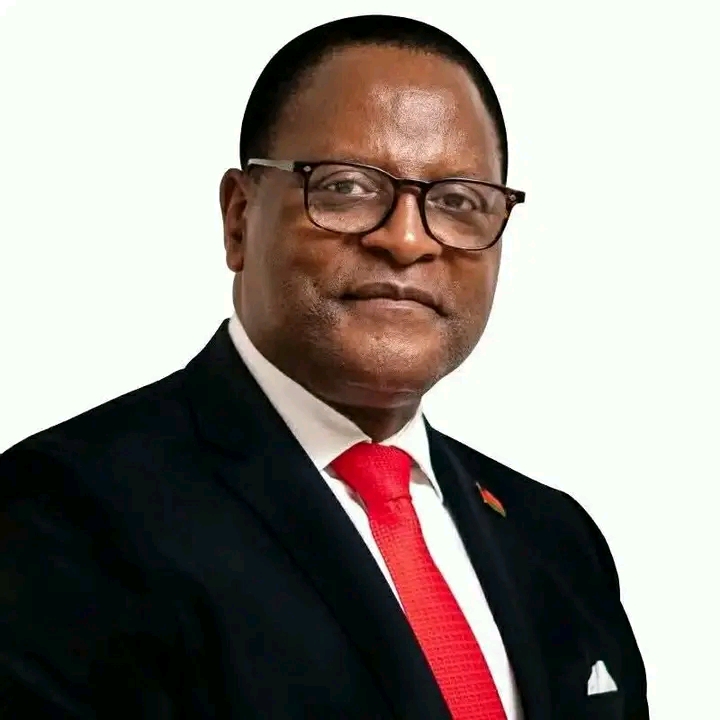By Burnett Munthali
Joyce Banda, the leader of the People’s Party (PP), has announced her intention to form a new alliance with other political parties, including Mafunde, in preparation for Malawi’s 2025 general elections. This move marks a significant shift in Banda’s political strategy, following her withdrawal from the ruling Tonse Alliance, the coalition that played a key role in electing President Lazarus Chakwera in 2020. Banda’s decision highlights her ambition to reassert her influence in Malawi’s political landscape and outmaneuver President Chakwera’s bid for re-election.
Banda’s withdrawal from the Tonse Alliance last month signals her dissatisfaction with the current state of the coalition. The Tonse Alliance, which included several opposition parties such as the PP, successfully unseated the Democratic Progressive Party (DPP) in the 2020 elections. However, internal disagreements and unfulfilled promises likely contributed to Banda’s departure. This move shows Banda’s desire to distance herself from President Chakwera’s leadership, positioning herself as an alternative for those who feel let down by the current administration.
Banda’s focus on forming a new political partnership reflects a strategic approach aimed at maximizing her party’s chances in 2025. By partnering with Mafunde and potentially other parties, she seeks to consolidate a coalition that can challenge Chakwera and the Tonse Alliance. Mafunde, a smaller political party, may share similar values with PP, but the potential partnership also allows Banda to tap into their unique base of supporters.
Banda’s emphasis on creating a strategic alliance signals her understanding of the need to pool resources and mobilize a strong political force. This approach could be essential for success in the 2025 elections, as she tries to create a broad coalition that reflects different regional and demographic interests.
Banda’s plan is clearly aimed at disrupting President Chakwera’s chances of re-election. By positioning her party outside the Tonse Alliance, she is directly challenging Chakwera’s leadership, presenting her party as a viable alternative to the incumbent government. The success of this strategy will depend on whether Banda can convince voters that her new alliance is capable of delivering on promises and addressing the concerns that have arisen during Chakwera’s presidency.
The announcement of this new political partnership also suggests that Banda is ready to play an active role in the upcoming elections, potentially even positioning herself as a candidate or kingmaker within a coalition. Her leadership within the PP has remained uncontested, with her presidency reaffirmed during the PP’s recent convention, signaling strong support within the party.
Joyce Banda’s move to form new alliances marks a key moment in Malawi’s political landscape ahead of the 2025 elections. The revitalization of the PP through the convention, which saw over 1,000 delegates in attendance, underscores her efforts to reinvigorate the party and prepare for the challenges ahead. The unopposed nature of 16 out of 31 positions within the party, including Banda’s own, reflects internal unity and readiness to face the political future.
However, forming a strong opposition coalition is not without challenges. Banda will need to carefully manage potential power struggles within any new alliance, ensuring that the coalition remains cohesive. Additionally, she will need to convince the electorate that her new alliance represents a genuine alternative to the ruling party, particularly in addressing key issues such as economic growth, healthcare, and governance.
In conclusion, Joyce Banda’s decision to break away from the Tonse Alliance and seek new political partnerships ahead of the 2025 elections reflects her strategic approach to re-enter Malawi’s political arena with renewed vigor. Her focus on creating a powerful coalition, leveraging the strengths of smaller parties like Mafunde, and positioning the PP as a key player in the next election demonstrates her determination to challenge President Chakwera’s leadership. As Malawi approaches the 2025 elections, Banda’s moves could have a significant impact on the outcome, reshaping the country’s political dynamics





